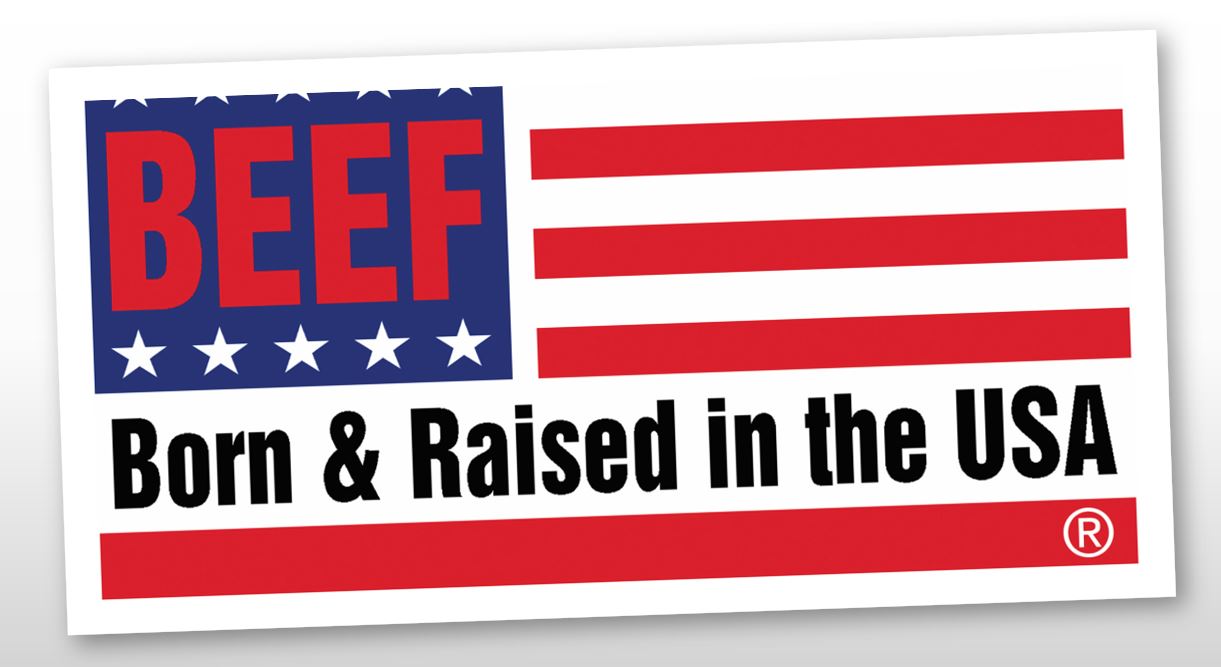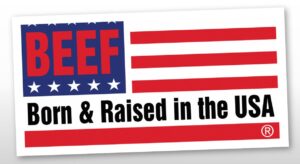Making Sense of the Current Cattle Market and Argentine Beef, By Gilles Stockton

By Gilles Stockton
The last time cattle prices peaked above the cost of production was in 2015. All it took to crash that market was for Congress to rescind country of origin labeling of beef (mCOOL). The price of cattle fell by forty percent (40%) and the following seven years left us with a very poor cattle market, exacerbated by chronic drought. According to USDA, over 150,000 cattle producers were forced from the land. This did not affect just ranchers because that market collapse amounted to a billion dollars a year not circulating in Montana’s economy.
Poor prices and drought, ultimately resulted in record low cattle numbers which finally allowed the cattle market to rise. The surviving ranchers are starting to heal financially. But we vividly remember that cattle markets are painfully slow to increase but can and have collapsed overnight. This explains why there is so much anxiety over the President’s proposal to increase beef imports from Argentina, it does not take much to trigger a market collapse.
The reason the cattle market is so volatile is because the cattle industry, is built on fraudulent economic ground. We should all know by now that four global firms control eighty five percent (85%) of the fat cattle market. These firms not only dominate the American cattle market, they control most of the world’s cattle industries including the countries where they source most of the beef imports – Argentina among them.
What is less appreciated is the role of the retail cartel. Walmart, Costco, Kroger’s, and Albertsons own half of the supermarkets in America. Over the past fifty years there has been a steady decline in the cattle producer’s share of the consumer dollar – from 72 cents in the 1970’s to 37 cents today. It was the retail monopoly that captured most of the 35 cents lost by cattle producers. The packers also had their share increase but not to the extent as that of the supermarkets. Meanwhile ranchers and cattle feeders struggle to survive in an economic regime rigged against them.
What we have is a clear case of the tail wagging the dog. Ranchers and cattle feeders have by far the most capital and labor invested in raising cows but the packers and retail captures most of the profits. All of this is clearly illegal under our existing antitrust laws. The trouble is that our government for the last fifty years has ignored those laws and allowed monopoly cartels to form and operate as they wish. This is true in just about every industrial sector you can think of. The result is that we now have a government dominated by multimillionaires who are elected to benefit a handful of billionaires.
Ranchers, therefore, have a very good reason to be worried about our President’s desire to prop up Javier Milie’s failing government by importing more Argentinian beef. This could very well trigger a collapse of our cattle market. Not only could this collapse the market, but more Argentinian beef risks introducing Foot and Mouth Disease, which would be an economic disaster for the United States.
Consumers might be led to believe that more beef imports would benefit them with lower retail prices. However, the retail cartel rarely reduces prices once they have accustomed consumers to higher prices. They do not have to because they do not face meaningful market competition.
It is past time to take back our government and our economy. The way forward is by enforcing the antitrust laws once again. This is not impossible; it just takes persistence, good lawyers, and honest judges. The Ranchers and Cattlemen’s Action Legal Fund (R-Calf) and the National Farmers Union recently won a $83.5 million settlement in a class action antitrust cases against JBS the Brazilian beef packing transnational owned by the Batista brothers, who are incidentally convicted criminals. Tyson Corporation has in addition settled for a $55 million fine and Cargill $32.5 million.
If our elected officials and USDA would do their jobs by enforcing the Packers and Stockyards Act and by reinstating mandatory Country of Origin Labeling (mCOOL), we would be a long way towards stabilizing the beef industry and the rural communities that depend upon ranchers and cattle feeders.
There is a real possibility that Congress will restore mCOOL – ten years after they rescinded it. Majority leader John Thune of South Dakota, is the sponsor of the American Beef Labeling Act. Representative Harriet Hageman of Wyoming just proposed a parallel bill for the House of Representatives. The Congressional delegations of North and South Dakota along with that of Wyoming are in favor of restoring mCOOL. However, the Senators and Representatives from Montana are conspicuously not co-sponsors. Representative Troy Downing (202 225-321) did send the President a letter questioning the Argentine beef deal. You should thank him and ask that he also cosponsor mCOOL.
Sen. Steve Daines (202 224-265), Sen. Tim Sheehy (202 224-264), Rep. and Rep. Ryan Zinke (202 225-5628) have not committed to supporting mCOOL. Call their offices directly, or better still go to https://mtcool.org/ which will assist you to send them a message. Remind them that American consumers have the right to know the origin of their beef purchases and American cattle producers have a right to an honest competitive market. Tell them you want your beef Born and Raised in the USA.
Gilles Stockton
Stockton Ranch
Grass Range, Montana
406 428-2183
gillesstockton
